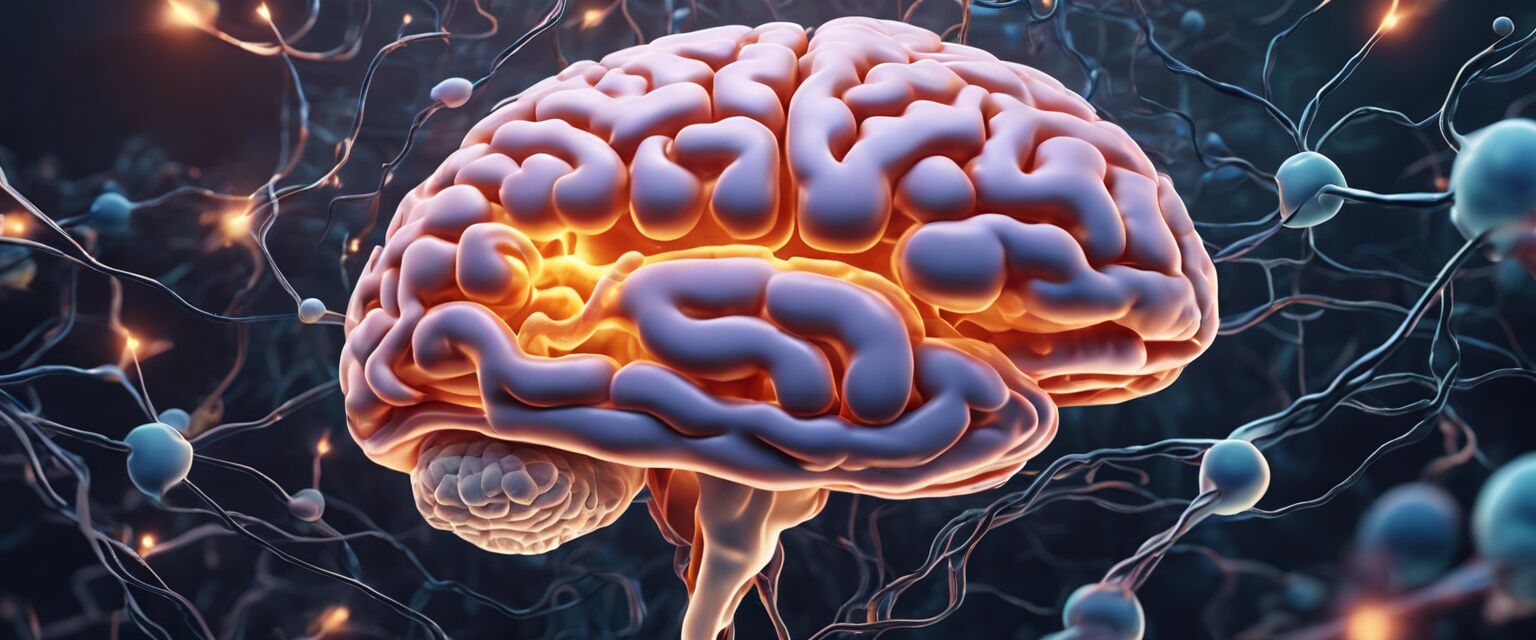
IBS Solutions
Key Takeaways
- Understanding IBS is crucial for effective management.
- Diet plays a significant role in alleviating symptoms.
- Incorporating supplements can support digestive health.
- Adopting a healthy lifestyle can improve overall well-being.
Irritable Bowel Syndrome (IBS) is a common condition affecting the gastrointestinal tract. Those who suffer from IBS often experience discomfort and disruptions in their daily lives. This comprehensive guide aims to provide effective solutions for managing IBS through diet, lifestyle adjustments, and the use of supplements. With the right strategies, individuals can regain control over their digestive health and improve their quality of life.
Understanding Irritable Bowel Syndrome (IBS)
IBS is characterized by a combination of symptoms, including abdominal pain, bloating, gas, and changes in bowel habits. While the exact cause of IBS is not fully understood, various factors such as diet, stress, and gut bacteria can contribute to its onset.
Common Symptoms of IBS
- Abdominal pain or cramping
- Diarrhea or constipation
- Bloating
- Gas
- Changes in bowel habits
Dietary Solutions for IBS
A well-balanced diet can significantly help in managing IBS symptoms. Below are some dietary strategies to consider:
Low FODMAP Diet
The Low FODMAP diet focuses on reducing foods that are high in fermentable carbohydrates. These foods can cause gas and bloating in sensitive individuals.
| FODMAP Category | High FODMAP Foods | Low FODMAP Alternatives |
|---|---|---|
| Fruits | Apples, Pears, Watermelon | Bananas, Blueberries, Strawberries |
| Dairy | Milk, Soft Cheese | Lactose-free Milk, Hard Cheese |
| Grains | Wheat, Rye | Rice, Quinoa |
Incorporating Fiber
Fiber is essential for digestive health, but it's important to choose the right type. Soluble fiber may be better tolerated by those with IBS.
Keeping a Food Diary
Tracking food intake and symptoms can help identify triggers and better manage IBS. Consider noting:
- Foods consumed
- Symptom occurrences
- Stress levels
Gut-Friendly Beverages
Including beverages that promote gut health can also be beneficial. Options may include:
- Herbal teas (e.g., peppermint, ginger)
- Probiotic drinks
- Bone broth
Supplements for IBS Management
Many individuals find relief through the use of specific supplements designed to support digestive health. Below are some options:
Digestive Enzymes
These can help break down food more effectively, reducing symptoms like bloating and gas.
Probiotics
Probiotics can help balance gut bacteria, which may alleviate IBS symptoms. It's essential to choose a high-quality probiotic.
Herbal Supplements
Herbal supplements such as peppermint oil may provide relief for some individuals. Always consult with a healthcare professional before starting any new supplement.
Tips for Managing IBS
- Stay hydrated by drinking plenty of water.
- Exercise regularly to reduce stress and improve digestion.
- Practice mindfulness and relaxation techniques.
- Avoid processed foods and sugary snacks.
Lifestyle Changes to Consider
Alongside dietary modifications, making certain lifestyle changes can further aid in managing IBS:
Stress Management
Stress can exacerbate IBS symptoms. Techniques such as yoga, meditation, and deep-breathing exercises can be helpful.
Regular Physical Activity
Engaging in regular exercise can promote digestive health and enhance overall well-being.
Adequate Sleep
Prioritizing sleep is crucial, as poor sleep can negatively impact gut health. Aim for 7-9 hours of quality sleep each night.
When to See a Doctor
While many individuals manage IBS successfully through diet and lifestyle, it's essential to consult a healthcare professional if:
- Symptoms worsen or change.
- You notice unintentional weight loss.
- There is blood in your stools.
Conclusion
Managing Irritable Bowel Syndrome can be challenging, but with the right dietary adjustments, lifestyle changes, and appropriate supplements, individuals can find relief and improve their quality of life. Itâs essential to monitor symptoms and adapt strategies as needed. For more information on products that may assist with digestive health, explore our Digestive Enzymes, Probiotics & Prebiotics, and Gut-Friendly Beverages categories.
Pros
- Personalized management strategies.
- Improved quality of life.
- Empowerment through knowledge.
Cons
- Finding the right dietary changes can be challenging.
- Some individuals may not respond to supplements.
Further Reading
For more insights into digestive health, check out our pages on Fiber Supplements, Digestive Health Snacks, and Herbal Supplements for Digestion.
Image Gallery










